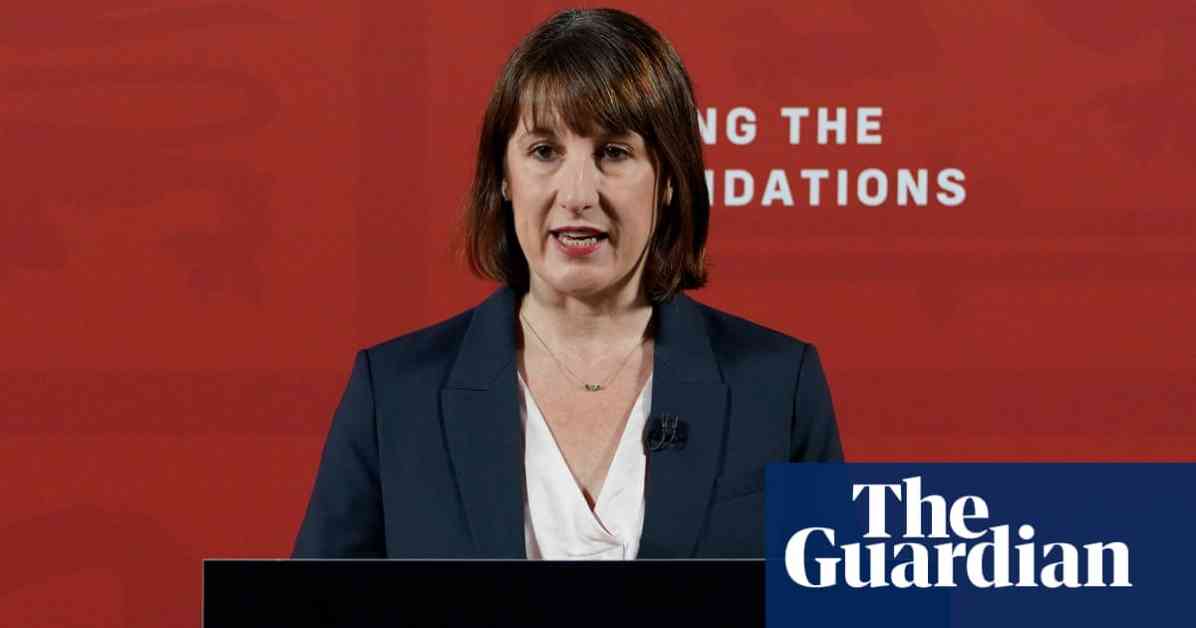Rachel Reeves, the new chancellor, took swift action to address a £22 billion budget shortfall that she claimed was hidden by the previous Conservative government. In her first autumn budget, she made significant changes, including cutting winter fuel payments for wealthier pensioners and hinting at potential tax increases. Reeves emphasized the need to make tough decisions to tackle the deficit and ensure financial stability.
One of the key reasons for the budget shortfall was the decision to fully fund above-inflation public-sector pay recommendations, amounting to £9.4 billion. This move was aimed at addressing years of declining wages and preventing industrial action. Reeves acknowledged the challenging financial situation inherited from the previous government and emphasized the importance of making difficult choices to bridge the budget gap.
As part of the upcoming budget, Reeves is expected to increase some taxes while cutting welfare and public spending. She highlighted the need for Whitehall departments to make £5.5 billion in-year savings, indicating that more measures would be necessary to address spending pressures. The chancellor’s approach reflects a commitment to securing public finances and ensuring long-term economic stability.
Reeves faced criticism from her predecessor, Jeremy Hunt, who accused her of laying the groundwork for tax rises. However, Reeves maintained that she would uphold Labour’s election manifesto commitments, ruling out increases in income tax, national insurance, or VAT. She emphasized the importance of transparency and accountability in managing the country’s finances.
The budget shortfall was attributed to various factors, including increased spending on asylum claims, illegal immigration, the NHS, the Ukraine crisis, and infrastructure maintenance. Reeves highlighted the need for responsible financial management and indicated that tough decisions would be made to address the challenges inherited from the previous government.
In addition to cutting winter fuel payments for wealthier pensioners, Reeves announced plans to means test the benefit and reduce the number of recipients. The decision is expected to save £1.5 billion in the next financial year. While critics raised concerns about potential financial hardship for older people, Reeves emphasized the importance of targeting financial support effectively.
Reeves also decided not to proceed with social care reforms proposed by Sir Andrew Dilnot, saving a further £1 billion. She acknowledged the need to address the shortcomings in the previous government’s policies and expressed a commitment to improving the welfare system. The chancellor’s decisions reflect a pragmatic approach to managing the budget shortfall and ensuring fiscal responsibility.
Overall, Rachel Reeves’s actions signal a shift in economic policy and a commitment to addressing the challenges facing the country. By making tough decisions and prioritizing financial stability, she aims to steer the economy towards recovery and long-term prosperity. The upcoming budget will be a critical test of her leadership and ability to navigate complex financial issues in the interest of the public good.












